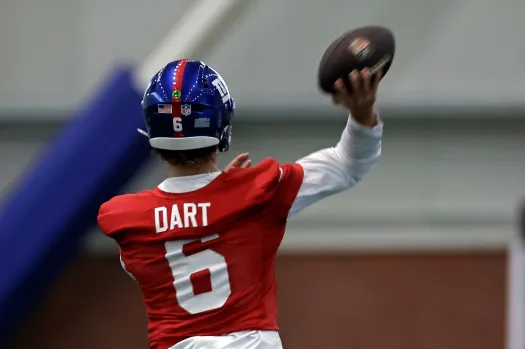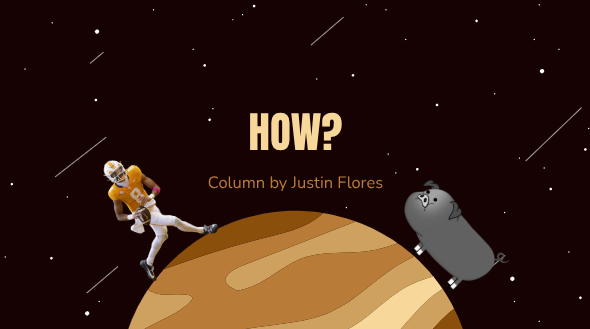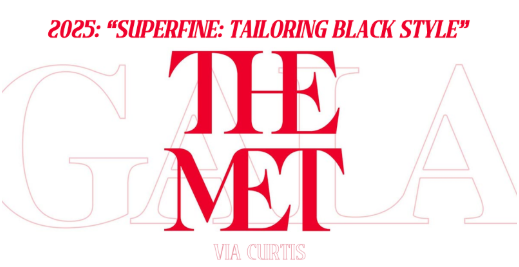Heroes in Culture: How We Relate to Spiderman
December 8, 2022
Everyone continuously imagines themselves and wonders what it’s like to be their favorite superhero. Yet no one really ponders the question, what does the average hero face in their everyday life? Almost no one can relate to billionaire Bruce Wayne, but people can relate to the average Peter Parker. We never ask ourselves truly, what do they have to do in their everyday life? How do they balance their life as a superhero and a normal person? Nevertheless, people are similar to heroes, after all, they’re just people doing their responsibilities. Comics reflect modern-day occurrences within our own world and we connect to them.
Whether it’s facing a test, having financial trouble, struggling to fit in at a new place, etc. Heroes in comics will always have to overcome their struggles, and so we relate to them without evening knowing. The character of Peter Parker or Spider-Man, although he fights villains all across New York City, he is only a teenager. He faces normal challenges like high school and family issues. Although it’s rarely depicted in the MCU (Marvel Cinematic Universe), it is explored in the Ultimate Spider-Man comics imagined by Brian Michael Bendis. He explores the side of Peter Parker more than Spider-Man. In these comics, Peter is still a good and modest person, but it also shows his flaws.
He’s still a teenager trying to live his life so, of course, he will act out and be stubborn or rude. This makes Peter’s character so realistic in this series. He’s not some righteous person because he’s made mistakes like the death of Uncle Ben. Yet, his death motivates Peter to be better and aspire to overcome every challenge he faces. This is especially seen in issue #160 of Ultimate Spider-Man called Death of Spider-Man. Peter comes back after being wounded to see the Sinister Six out of prison at his own house. He sees his family in danger and already dealing with the pain of the previous battle, decides to fight. He gives everything to save his family and ultimately dies from his wounds. Although he dies at the end, it shows Peter’s pure will in trying to save others. He overcomes his pain and villains while also facing the guilt of losing Uncle Ben. He does this because even though blood stains him and the pain is insufferable if he gives up, he’ll negate what he stands for.
This is also explored in Spider-Man Homecoming. The film displays how he has to deal with things like school, grades, social life, and evening having a crush on a girl besides his duty as a hero. Nevertheless, we also see how it collides with him being Spider-Man with the villain of the movie, the Vulture being the father of Peter’s crush. It also displays how this affects the relationship between him and Tony Stark (Iron Man) who’s like a father figure to him. Tony tries to teach Peter the importance of responsibility while also maintaining discipline from making irrational decisions being Spider-Man. However, Peter persists in capturing the Vulture even when Tony takes his suit away.
There’s this one scene taken straight out of the comics in which he’s pinned to the floor by massive chunks of concrete. He tries to get himself out at first, but gives up. It’s only when he thinks about what Tony said to him after taking his suit away. How if he’s nothing without the suit then he doesn’t deserve the right to wear it. This thought ultimately hits something within Peter, the power to prove Tony wrong, the power to overcome his adversity as a hero. To not believe in what he can do, but believe in what he is truly capable of. So he uses all he has to free himself from the rubble and stops the Vulture in the end.
However, nothing explores Peter’s legacy more than Spider-Man: Into The Spider-Verse, where Peter also dies after a giant battle. He doesn’t die with honor, but is rather taken out of his misery by Kingpin. Even though his life ends like this, his story still runs with Mile Morales (also Spider-Man) trying to honor Peter’s determination and sheer will. The movie depicts how the death of Spider-Man doesn’t make people fear and instead does the complete opposite. Although it’s sad to see their hero go, he still motivates them to be like him. Mary Jane says it herself when she says that we’re all Spider-Man in our own way at the funeral. His story is inspiring because he fulfills his responsibilities without being asked. He could’ve used his powers for his own gain as he tried in Sam Raimi’s Spider-Man. Instead, he does it because he wants to, he does it as a way of honoring Uncle Ben, and proving that with great power does come great responsibility.
Peter isn’t great and that’s what makes him so relatable when writers fully understand why Spider-Man inspires us to be better. He’s a symbol of hope to all who look up to him. When people think of Spider-Man most only see his heroic side that involves saving people from villains. Yet we also see ourselves in him while we enjoy reading about his daring adventures. When we see him beat the villains of his story we can’t stop to think how we could do the same with our problems. Even if they’re not menacing like the Green Goblin, he still motivates us to challenge our difficulties.





















































